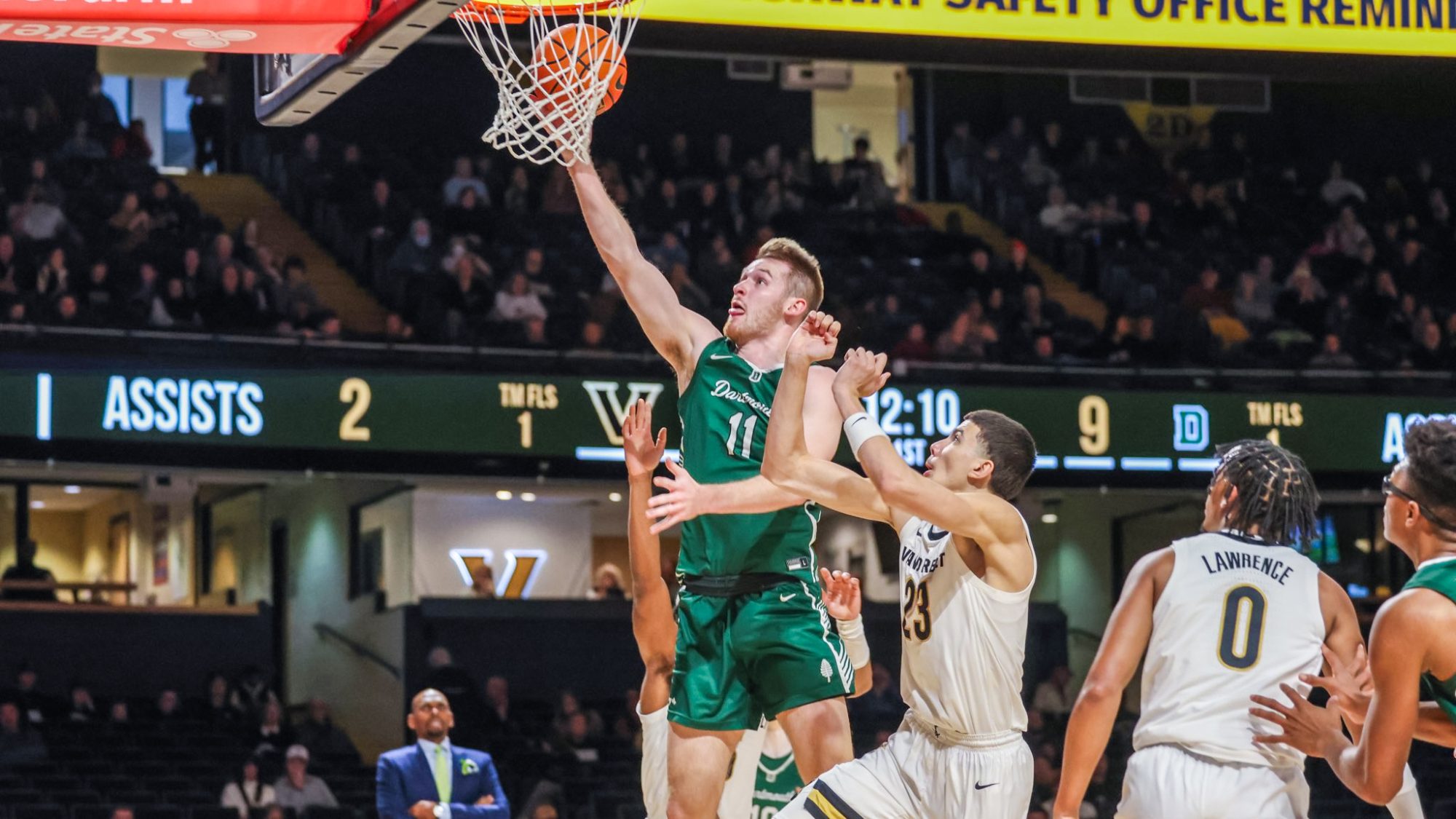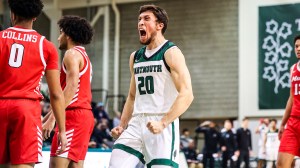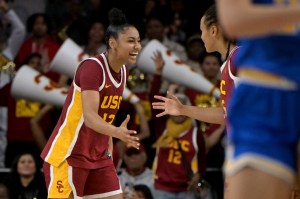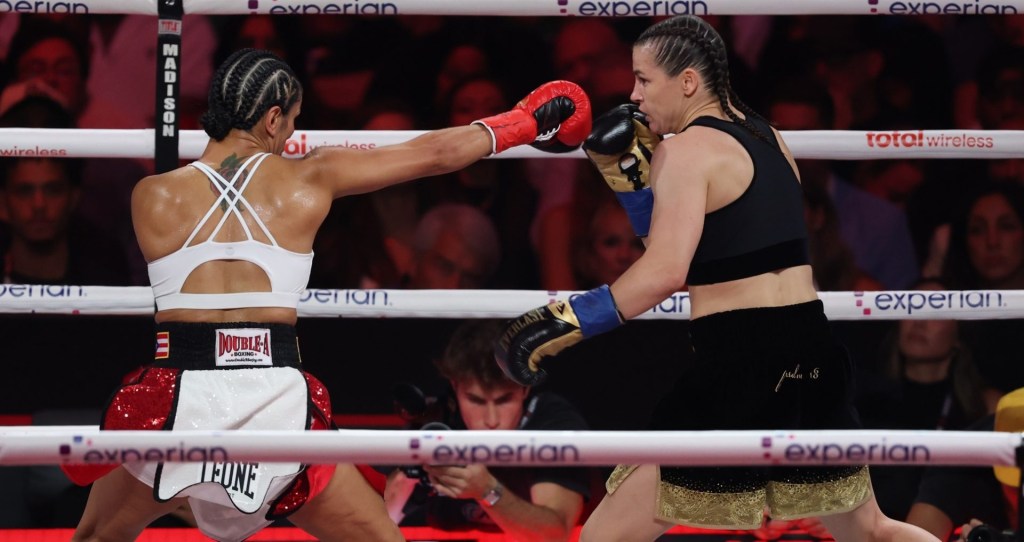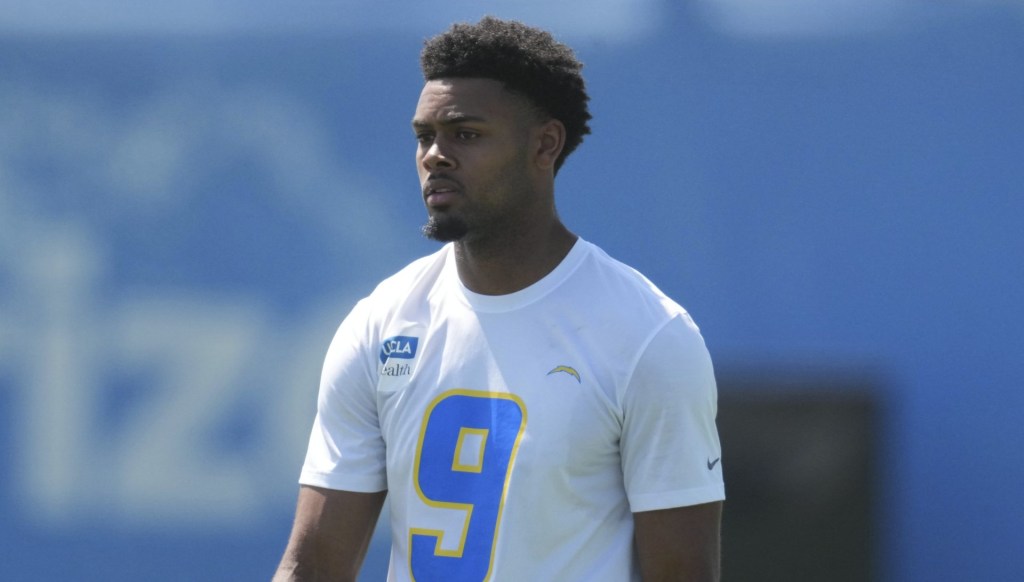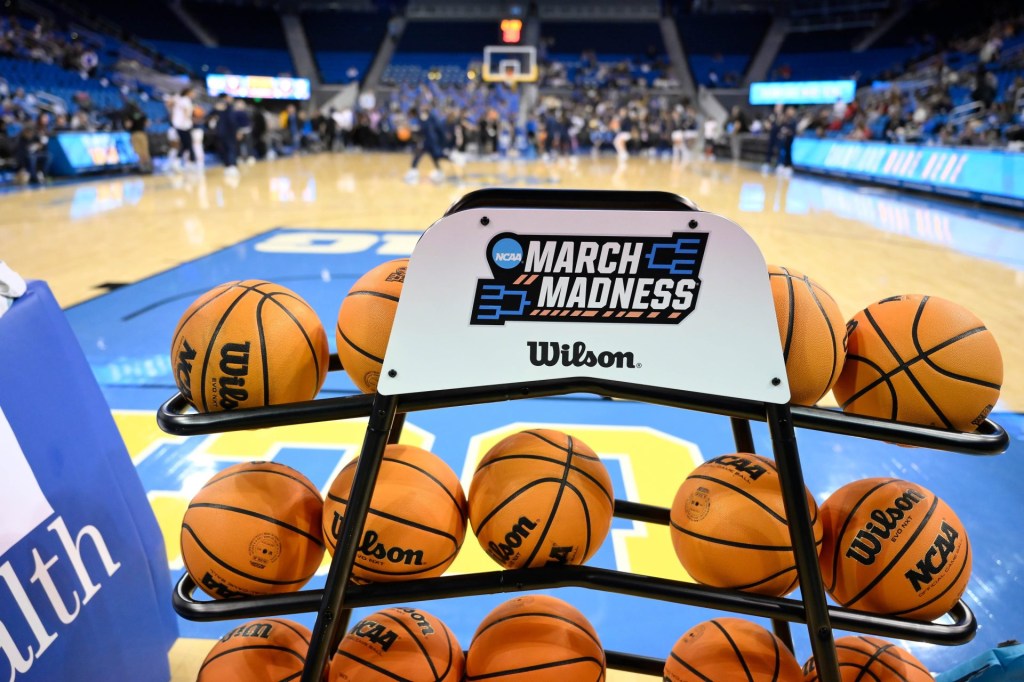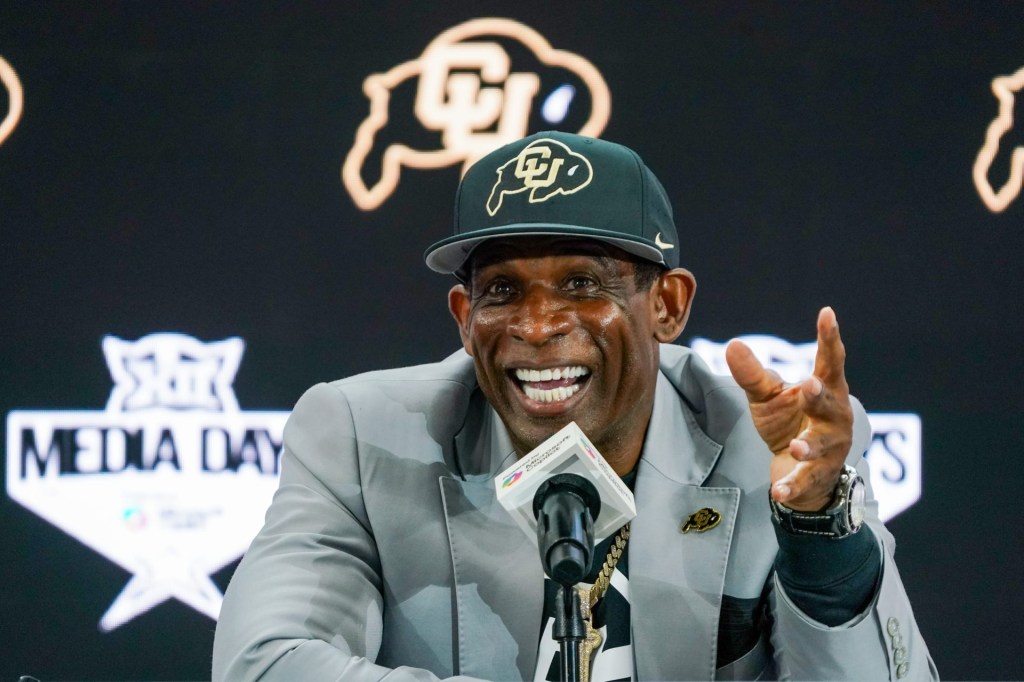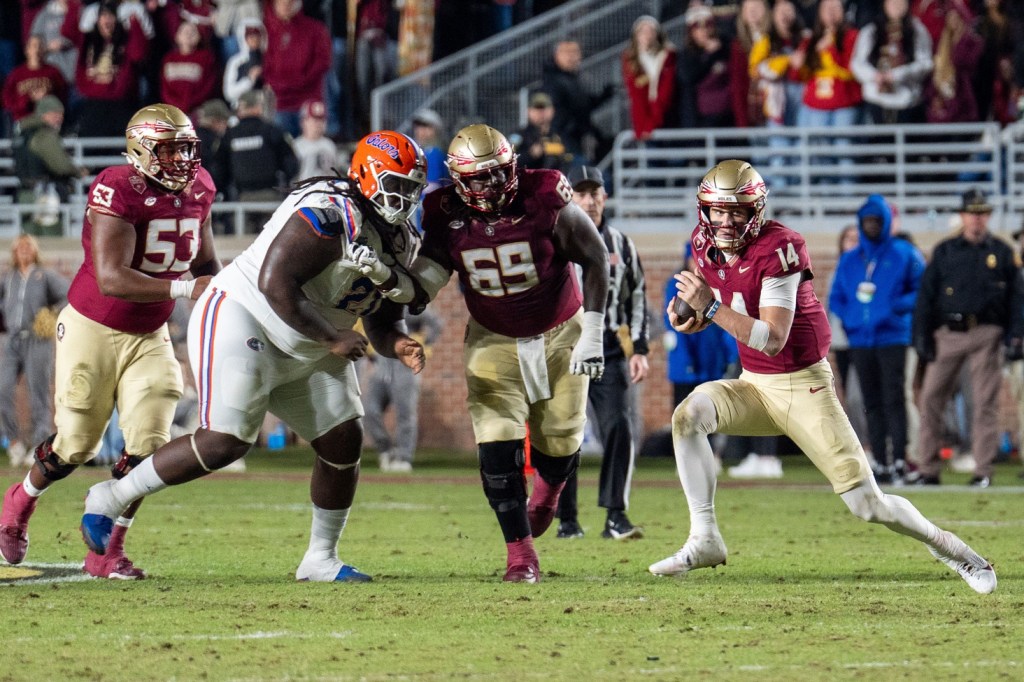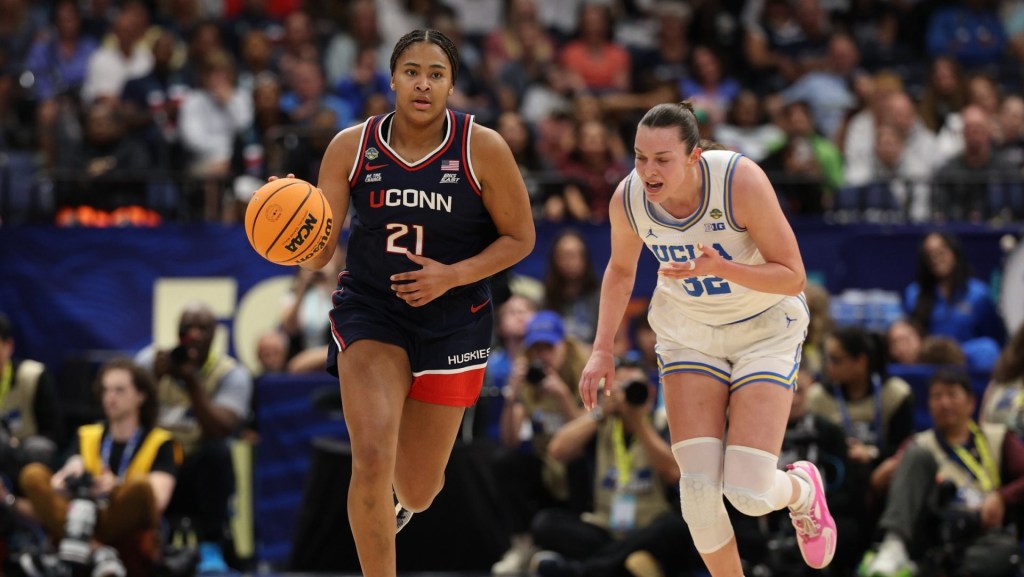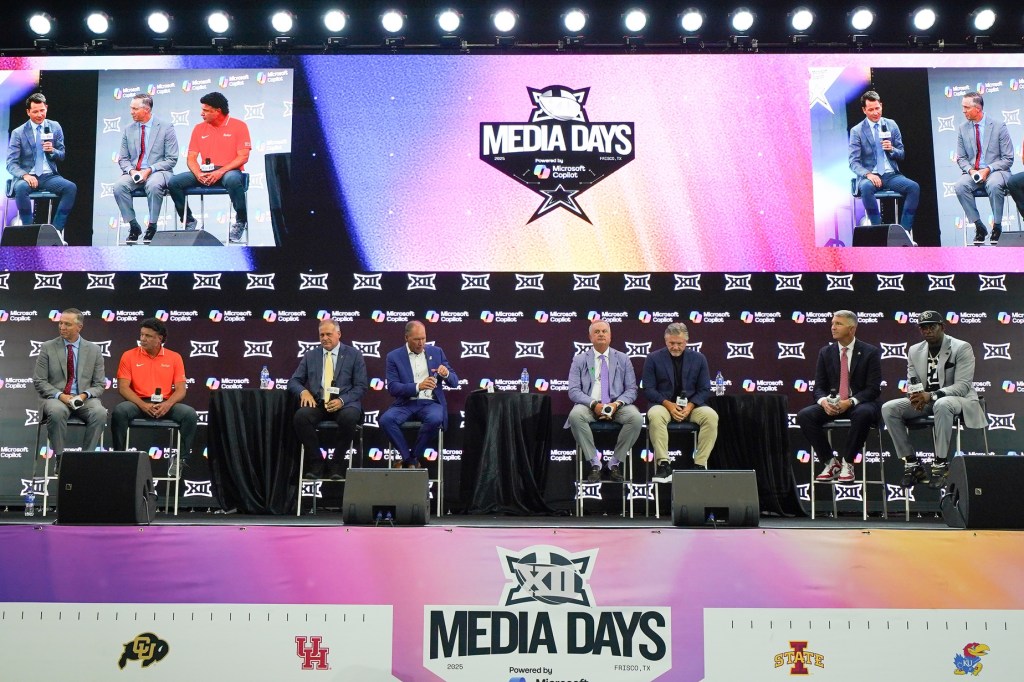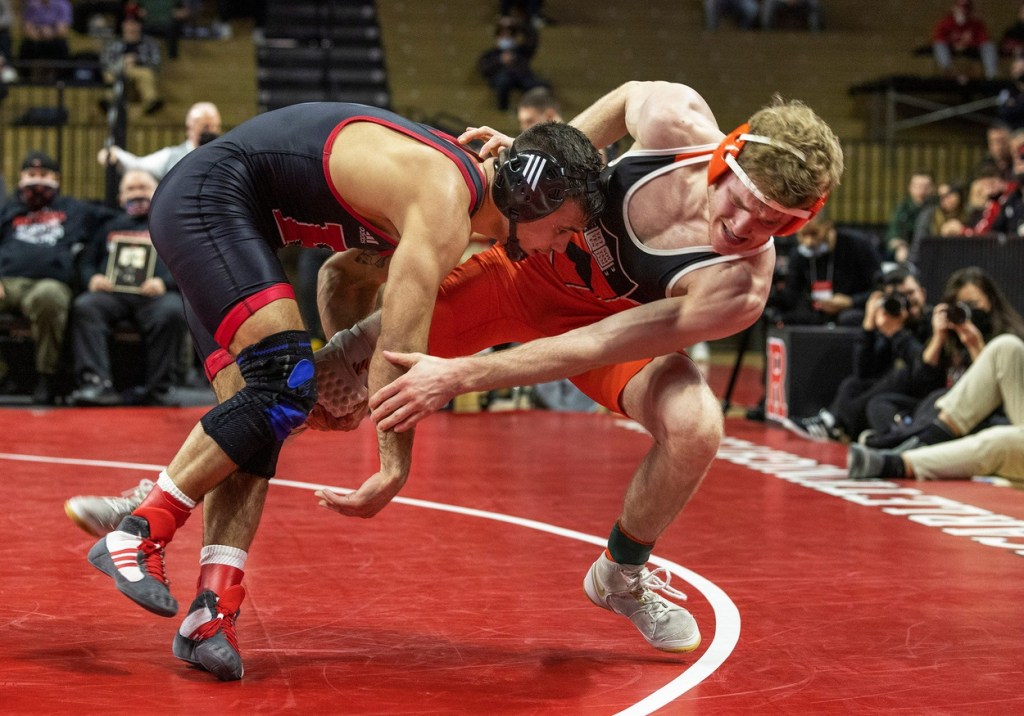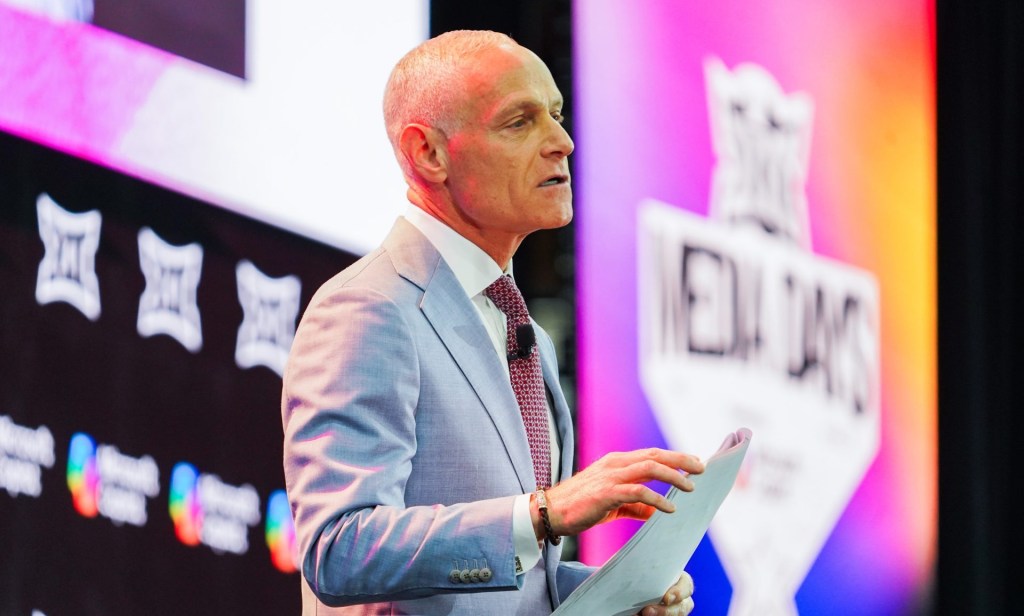On Monday, a regional director of the National Labor Relations Board issued a watershed ruling: Dartmouth men’s basketball players should be classified as university employees—and they can hold an election to form a union. The petition was first filed in September by the players and the local Service Employees International Union (Local 560) and was discussed during virtual hearings in October.
If it stands, the ruling could spell the end of the NCAA’s amateurism model—which is why Dartmouth’s administration is appealing the case, a spokesperson confirmed to Front Office Sports on Monday evening.
It could take a few years to get a final decision as the case winds through the federal court system. But one thing is for sure: amateurism is, at best, on life support.
Here’s everything you need to know about the potential impact of the ruling, what’s next in the appeals process, and where NCAA sports go from here.
Why were Dartmouth men’s basketball players deemed employees?
The regional director, Laura Sacks, found that players satisfy two of the main criteria for employee status: control and compensation. And he noted that students can also be employees of their school.
Players must follow strict rules set by the athletic department—and if they don’t, they’re subject to punishments that often include physical activity. “Dartmouth exercises significant control over the basketball players’ work,” the decision read. “The Student-Athlete Handbook in many ways functions as an employee handbook, detailing the tasks athletes must complete and the regulations they may not break.”
While players in the Ivy League don’t receive scholarships, testimony revealed they receive apparel, meal stipends, networking opportunities, and even a preferable admission to the school in exchange for playing on the team. “The players’ compensation is of a non-traditional form because NCAA regulations have historically prohibited a traditional form of compensation,” the decision read. In other words, the argument goes that players are amateurs because they don’t get paid—but they’re not allowed to get paid because they’re amateurs.
Sacks didn’t buy into the argument that Dartmouth’s lack of athletic department riches constituted amateurism, either, noting, “The profitability of any given business does not affect the employee status of the individuals who perform work for that business.”
For these reasons, the players are treated much differently than other students engaging in “extracurricular” activities, like journalists or musicians.
But will the ruling stand?
That depends, given that it will have to endure a lengthy appeals process. The case is currently being appealed to the NLRB’s national board, which is left-leaning. It normally has five members (during the Biden Administration, three Democrats and two Republicans), though there’s currently one Republican vacancy. The appeals process could continue through the federal court system all the way up to the Supreme Court, which is likely to take the case given its demonstrated interest in college sports—and the dispute that the ruling would have over previous court decisions in other jurisdictions, called a “circuit split.”
If the ruling stands, would college sports change?
There would likely be a new precedent that all private school athletes in Division I would be able to claim employee status and unionize. This case focuses on only Dartmouth, but the decision appears to suggest that any D-I athlete, scholarship or walk-on, would be a university employee. A wage or salary would be only the beginning. Players, as employees, would be entitled to all the benefits guaranteed by U.S. labor law—from health-care benefits to entitlement for worker’s compensation.
While public school athletes wouldn’t have the legal backing of the NLRB, the NCAA would likely have to allow them to be employees, too, in order to maintain competitive balance across the division.
It remains to be seen whether D-II and D-III athletes would be considered employees, as the level of control they experience and “compensation” they receive would have to be examined under different rules and practices across divisions.
Would an employee model threaten “nonrevenue” and women’s sports?
Probably not. Athletic departments may cut sports if they continue their current funding model, where “revenue” sports generate all the money. But high schools and lower divisions without large pocketbooks have been able to fund sports for decades. To maintain a large sports program, you don’t need millions.
Additionally, due to Title IX—the federal statute that guarantees equity between men’s and women’s educational opportunities, including sports—schools are mandated to provide women’s sports at the same level as men’s, no matter how much money they make or lose.
It’s not in a school’s—or athletic department’s—interest to cut a large number of sports. Robust sports programs are good for marketing and enrollment at all levels, and it would be difficult to imagine schools across the country giving that up.
How is this case different from the 2014 Northwestern case?
In 2014, Northwestern football players tried—and failed—to unionize.
Northwestern players won the case for employee status and unionization at the regional level as well. But when the school appealed the decision, Northwestern’s national board decided not to make a ruling on a technicality. The NLRB has jurisdiction over only the private sector—it was concerned that it would make college sports unworkable if private school athletes were allowed to unionize and public school athletes weren’t. It noted that in the Big Ten, almost all the schools were public. So it opted not to make a ruling.
In this case, however, Sacks wrote that the Ivy League is made up solely of private schools, so there wouldn’t be a similar disparity in this case.
Does the Dartmouth ruling impact the USC case?
The NLRB case against USC is slightly different from a unionization petition—but it could have a similar outcome.
The case was filed as an “unfair labor practice” charge against USC by an advocacy group called the National College Players Association, run by Ramogi Huma, who was behind the organization for the Northwestern players. It alleges that USC football and basketball players are employees not just of USC, but also of the Pac-12 and the NCAA.
If Huma’s side, which has the backing of the NLRB, wins, it could set a precedent that all D-I football and basketball players are employees given that even public school athletes are under the purview of conferences and the NCAA, considered private entities.
The outcome of the Dartmouth case won’t directly impact the USC case, which is still mid-trial. But it will likely be noted given that it addresses some of the same arguments at issue in the USC case: the amount of control exerted over players, whether they receive compensation, etc.
“It’s clear that the case we laid out in 2014 to affirm [Northwestern] college players’ employees status is sound,” Huma tells FOS. “Our effort to affirm USC football and basketball players’ employee status is even stronger because they are paid with athletic scholarships. Athletes are two-for-two in NLRB rulings, soon to be three-for-three.”
When will we get a final, final decision?
“It will likely take years to get a final ruling on this issue,” says Huma. “I expect the Supreme Court to have the final say.”
But players themselves don’t actually have to wait if they want to start organizing now. The Dartmouth players, for their part, said they intend to create an Ivy League players association, with the hopes that other athletes will join their cause. They also said in a statement that they want players at other schools to file unionization petitions of their own.
Jason Stahl, the executive director of the College Football Players Association, tells FOS he believes the announcement of an Ivy League players association would be “profoundly” more important than any NLRB decision. “We too often privilege what elite actors are doing—what is the NLRB doing, what are the courts doing, what is Congress doing, what is the White House doing,” he says. “That is one way in which change happens politically. The other way is the people themselves organizing en masse to create and push for the changes that they want to see in their workplaces.”
